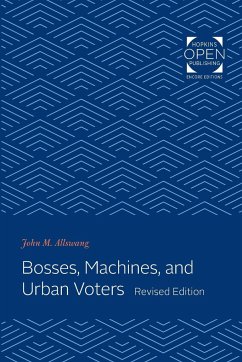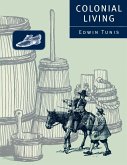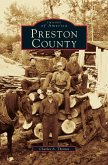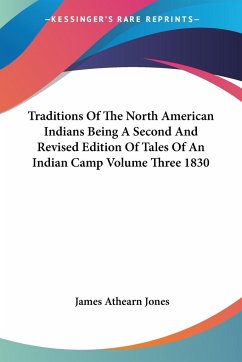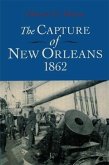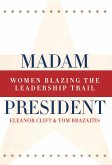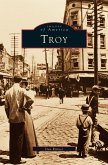Originally published in 1986. Political machines, and the bosses who ran them, are largely a relic of the nineteenth century. A prominent feature in nineteenth-century urban politics, political machines mobilized urban voters by providing services in exchange for voters' support of a party or candidate. Allswang examines four machines and five urban bosses over the course of a century. He argues that efforts to extract a meaningful general theory from the American experience of political machines are difficult given the particularity of each city's history. A city's composition largely determined the character of its political machines. Furthermore, while political machines are often regarded as nondemocratic and corrupt, Allswang discusses the strengths of the urban machine approach--chief among those being its ability to organize voters around specific issues.
Hinweis: Dieser Artikel kann nur an eine deutsche Lieferadresse ausgeliefert werden.
Hinweis: Dieser Artikel kann nur an eine deutsche Lieferadresse ausgeliefert werden.

